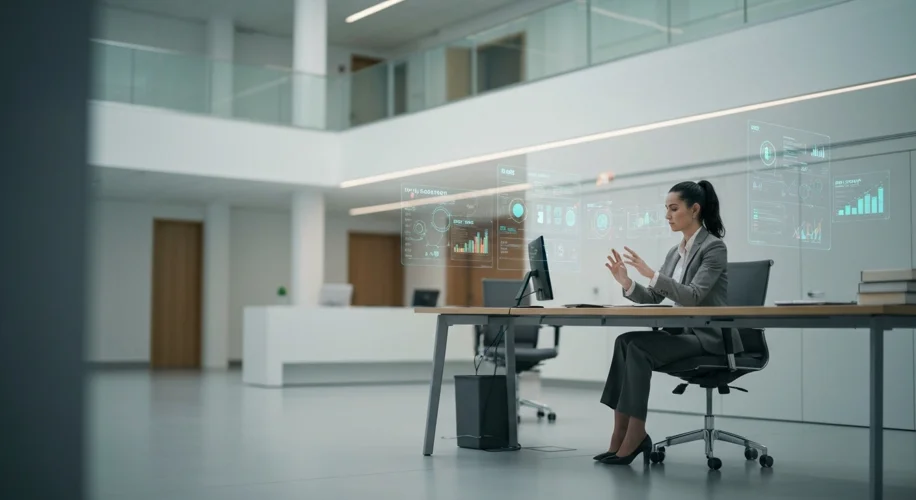Alright, so hear me out. We’ve been talking about AI and its impact on jobs for ages, right? Well, Mark Cuban, you know, the tech mogul, he’s been pretty vocal lately about what he’s seeing.
Cuban recently shared some thoughts that are definitely making people think twice about the future of white-collar work and even the demand for office spaces. It’s not just hype; he’s connecting AI’s capabilities directly to tangible shifts happening right now. He’s basically questioning if AI’s influence on jobs is already here, and it’s not some far-off sci-fi scenario.
Think about it. AI can now automate tasks that were once the bread and butter of many office roles. We’re talking about data analysis, customer service responses, content generation, and even some coding tasks. Cuban’s point seems to be that as these AI tools get smarter and more integrated, they’re not just assisting; they’re starting to perform the core functions of many positions.
This naturally leads to the question: What does this mean for office demand? If AI can handle a significant chunk of what an employee does, does that mean companies will need fewer people? And if fewer people are needed, or if people are working more efficiently from home thanks to AI tools, does that reduce the need for large physical office spaces?
Cuban is suggesting that we might already be seeing the early signs of this. He’s not saying every job is gone tomorrow, but he’s pointing out that the economic incentives for companies to leverage AI are huge. If AI can do a job cheaper, faster, and sometimes even more accurately than a human, then businesses are going to lean into that.
It’s a pretty direct take, and honestly, it makes sense. We’ve seen AI progress at lightning speed. Tools that were unthinkable even a couple of years ago are now commonplace. So, when someone like Cuban, who’s deep in the tech world, says he’s watching this trend closely, it’s worth paying attention.
This isn’t about fear-mongering, but more about being aware. As AI gets more capable, the nature of work, the skills that are valued, and even where and how we work are all up for grabs. Cuban’s perspective is a reminder that these conversations aren’t just theoretical anymore; they’re becoming very real, very fast.
What are your thoughts on this? Are you seeing AI impact your role or your company’s approach to office space? Let me know in the comments below!

